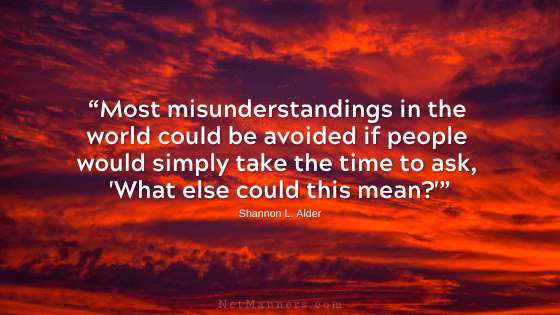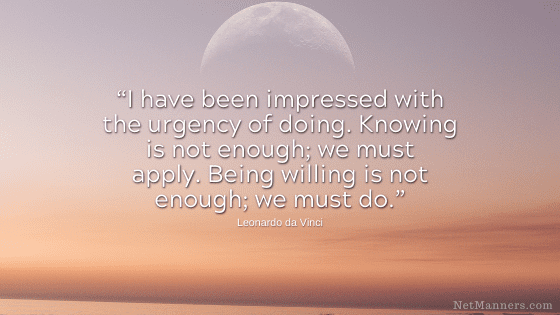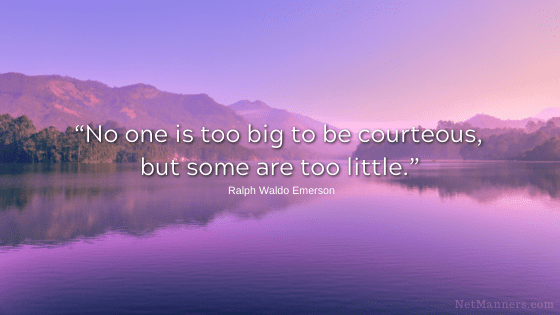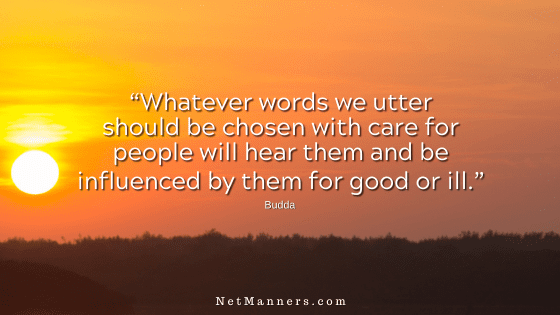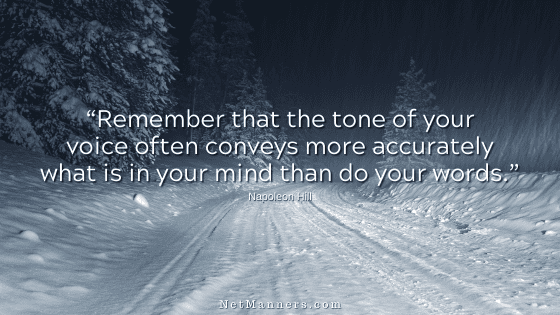Give and Take Corrections with Grace
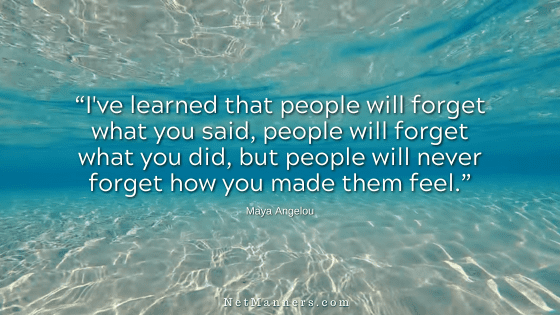
Do you email websites when something isn’t working or when you see a typo? Or are you a site owner who receives corrective emails? Having been on both sides of this conversation, I’ll share some of my experiences.
The Proper Way to Handle Corrections
Through this site, I receive emails from concerned online users about how a friend or family member gets mad at them or calls them rude if they suggest that some email etiquette is in order. I get it—none of us like being told we are doing something wrong.
The key is how the suggestion of considering email etiquette is offered. How you correct others, the words you choose, and the tone in which you do it matters.
I have many websites, and I write a lot of material that requires me to read, reread, and read again. This allows me to go back to things I have written later and find errors I missed.
Sometimes, blatant and apparent mistakes have made me wonder if the site was hacked. But I know it wasn’t—it was just me being too busy or not doing a thorough job.
What usually happens is that a kind soul ends up on my website. They have experienced the “Invisible Error Syndrome,” too, and they take the time to email me to let me know so that I can make the appropriate corrections.
They are kind and helpful in tone. I also use this approach on the rare occasions I email site owners.
Always Respond with Courtesy
I am grateful for the corrections sent with genuine concern in wanting to help. Unfortunately, however, some need to correct me as though I am a 5-year-old who needs scolding.
You see this everywhere online as folks confidently hide behind these screens. Those who criticize others publicly while conveniently touting their education, degrees, and accomplishments to justify their narcissistic castigation.
Then, others are plain old rude. You know they wouldn’t say those things that way if you were face-to-face.
Fine. Either way, I can learn something and correct my errors.
Grace Always Prevails
So, back to how I handle these “corrections.” I sincerely thank those who email me privately for taking the time to help me out.
I take corrections in stride, and I am comfortable that I am not perfect. The reality is I know I make mistakes and can get sidetracked.
If someone takes the time to help me, regardless of tone or possible ulterior motive, the result is the same: They have helped me improve my site or article.
For those who feel the need to rake me over the coals via comments on my blog or social media, in essence, publicly flogging me, I still respond with kindness and gratitude. For some, that makes them even nastier!
That’s when I realized correcting my mistakes had nothing to do with me.
Corrections On and Off-line
After all these years, I’ve concluded that folks who condescendingly correct others are not interested in receiving a response. Instead, they just wanted a self-important “look at me” moment. It sort of describes social media overall, right?
That’s why it is so important how you respond. And how you offer corrections to others.
Both will speak to who you are and what type of person you want to be viewed as. To me, that’s more important than the egregious error that I may have made.
If you are told in a kind manner that you need to work on your email skills or that you did something wrong online, don’t get offended and angry. Promptly and sincerely thank the person who brought the issue to your attention.
Look at it this way… You have been allowed to learn something new and to improve your skills. Then, correct the situation and make efforts in the appropriate areas to resolve it for the long haul.
If someone else needs help with email etiquette, don’t belittle them by getting up on your soap box—work to avoid making them feel stupid by how you suggest that they learn more on the subject. If you cannot make corrections or suggestions with grace and kindness, then you shouldn’t bother.
Be Better Than That
I’ve never understood why some people have to be intentionally rude or condescending when pointing out others’ mistakes, nor do I know why some people react negatively when being kindly corrected.
By helping others learn, we are all doing a service to the online community by making this environment enjoyable for all to participate in. We are all on the same page—the human page.
Don’t get mad if you do not know everything yet. But, on the other hand, never rest on your laurels and think that you do.
And don’t kill the messenger if someone points something out to you that can improve your communication skills. Regardless of motive, they have just provided you the opportunity to improve. Be thankful.



